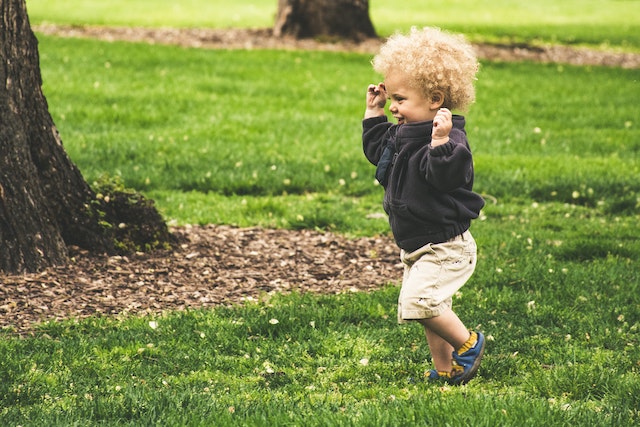Watching a toddler grow and develop can be a fascinating experience, especially when observing their motor skill development.
Motor skills refer to the ability to control and coordinate movements, and they play a critical role in a child’s physical, cognitive, and emotional development.
In this article, we will explore the stages of motor skill development in toddlers and the importance of observing and supporting their progress.
The first stage of motor skill development in toddlers is gross motor skills, which refers to the ability to control large muscle groups, such as those used in crawling, walking, and running.
At around 12 months of age, toddlers typically begin to take their first steps, and by 18-24 months, they can run, climb stairs, and jump with both feet off the ground.
During this stage, it is essential to provide toddlers with a safe and secure environment to explore their newfound mobility and encourage them to practice their skills.
The second stage of motor skill development is fine motor skills, which refers to the ability to control small muscle groups, such as those used in grasping, manipulating objects, and using utensils.
Toddlers typically begin to develop their fine motor skills around 12-18 months of age and continue to refine them throughout their early childhood years.
During this stage, it is essential to provide toddlers with a variety of objects to manipulate and encourage them to use their hands and fingers to explore their environment.
Observing a toddler’s motor skill development can be an important tool for identifying any delays or challenges that may require additional support or intervention.
Parents and caregivers should be aware of the typical milestones for gross and fine motor skill development and observe their child’s progress regularly.
If a child is not meeting these milestones or showing signs of frustration or difficulty, it may be necessary to consult with a healthcare provider or specialist.
There are many ways to support a toddler’s motor skill development, including providing plenty of opportunities for physical activity, encouraging exploration and experimentation, and providing age-appropriate toys and activities.
For gross motor skills, activities such as climbing, jumping, and running can help build strength and coordination, while for fine motor skills, activities such as stacking blocks, playing with puzzles, and drawing with crayons can help develop dexterity and hand-eye coordination.
In conclusion,
Observing a toddler’s motor skill development can be a fascinating and rewarding experience, and it is essential to support and encourage their progress.
By providing a safe and secure environment, offering a variety of toys and activities,
and monitoring their progress regularly, parents and caregivers can help ensure that their child’s motor skills are developing appropriately and support their physical,
cognitive, and emotional growth and development.











